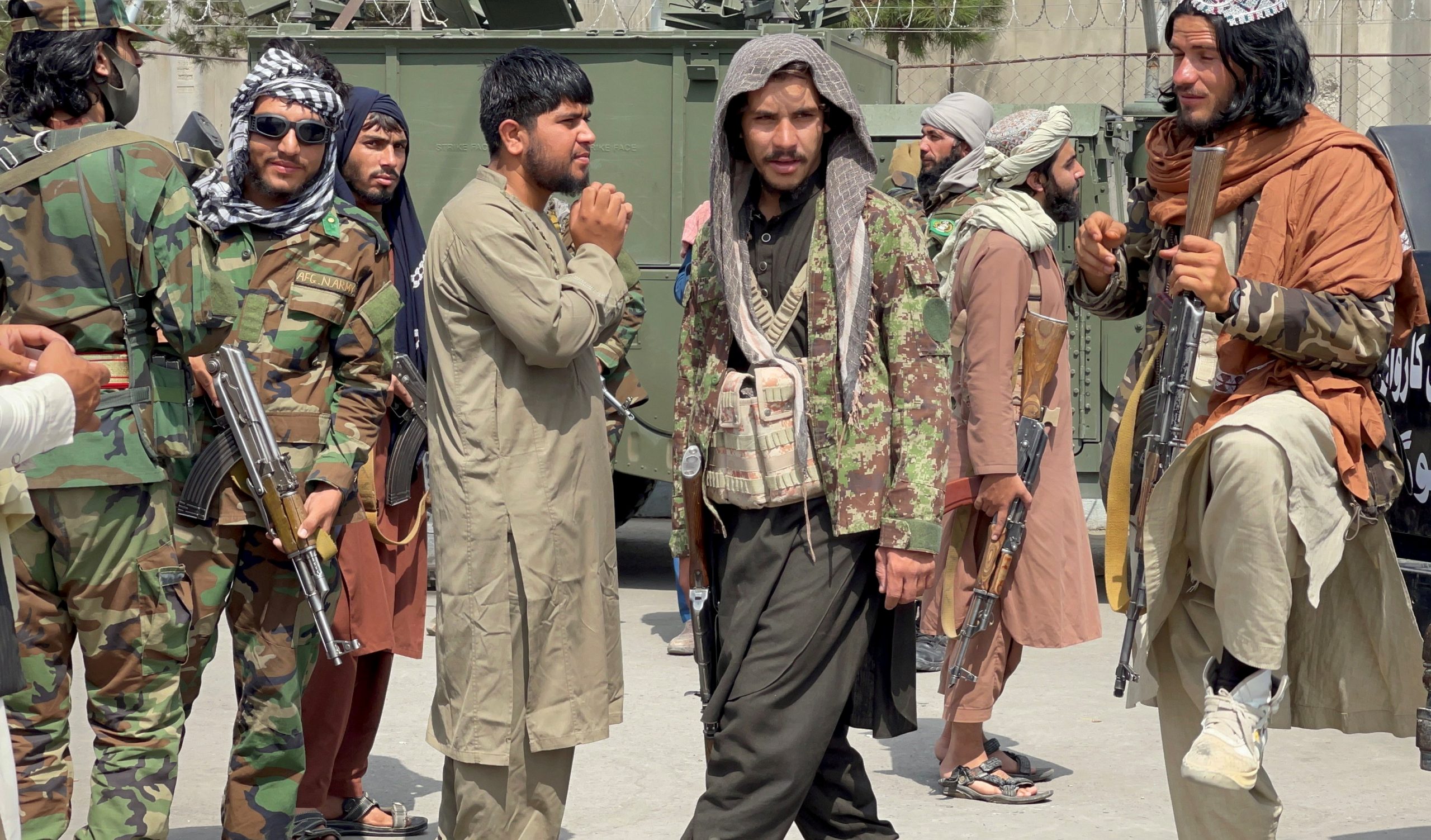
Willie R. Tubbs, FISM News
[elfsight_social_share_buttons id=”1″]
The Taliban’s practice for seeking out, torturing, and executing Afghans trained by or sympathetic to the United States continues in Afghanistan.
On Saturday, The Sunday Times reported that over the past three weeks, the Taliban had killed four counterterrorism agents who had been trained by either the U.S. or Great Britain. In one case, Lamb wrote, the executioners had pulled out a victim’s fingernails before shooting him.
Lamb’s report features a harrowing, first-hand account of one of the killings.
“My brother was shot three times in the head and once in the chest and I was shot twice in the left shoulder and arm,” the brother of one of the victims said. “I don’t know how I survived.”
The crackdowns have not been limited to counterterrorism agents or combatants. At a press briefing in Geneva on Friday, UN spokesperson Ravina Shamdasani said the Taliban killed at least four protestors and went door-to-door to search for and threaten journalists.
“Blanket restrictions on peaceful assemblies constitute a violation of international law, as do blanket internet shutdowns which usually violate the principles of necessity and proportionality,” Shamdasani said. “Journalists involved in reporting on assemblies must not face reprisals or other harassment, even if an assembly is declared unlawful or is dispersed. Under international human rights law, there is an obligation to ensure that any use of force in response to protests is a last resort, strictly necessary and proportionate and firearms must never be used except in response to an imminent threat of death or serious injury.”
The Taliban has been particularly forceful in its crackdown on women, who Kathy Gannon of the Associated Press reports are now allowed to attend college only if segregated from their male counterparts and dressed according to the standards of Islam.
On Sept. 6, CNN reported that the Taliban had been accused by one Afghan family of murdering a pregnant woman in front of her family. The Taliban denies this allegation. The Taliban has also whipped and beaten women at protests.
These are only the most recent in a series of episodes involving the Taliban, who began using violence against their enemies well before the United States and its allies left Afghanistan.
The New York Times reported on Aug. 19 that the Taliban had begun hunting down members of the Afghan security force, a group trained and long allied with the United States.
On Aug. 25, a Taliban leader confirmed to the New York Times that the group viewed non-religious music as forbidden in Islam. Days later, the group executed folk singer Fawad Andarabi, which was first reported by Hannah Ritchie of CNN.
None of The Taliban’s current acts of violence are unique to 2021. Human Rights Watch, an international and non-governmental advocacy group, offers an extensive history on the Taliban’s first reign in Afghanistan.
This era, which began in the 1990s, was characterized by what Human Rights Watch calls “systematic violations against women and girls; cruel corporal punishments, including executions; and extreme suppression of freedom of religion, expression, and education.”
The Taliban’s first rule was ended in late 2001 following the United States’ initial entry into Afghanistan.
